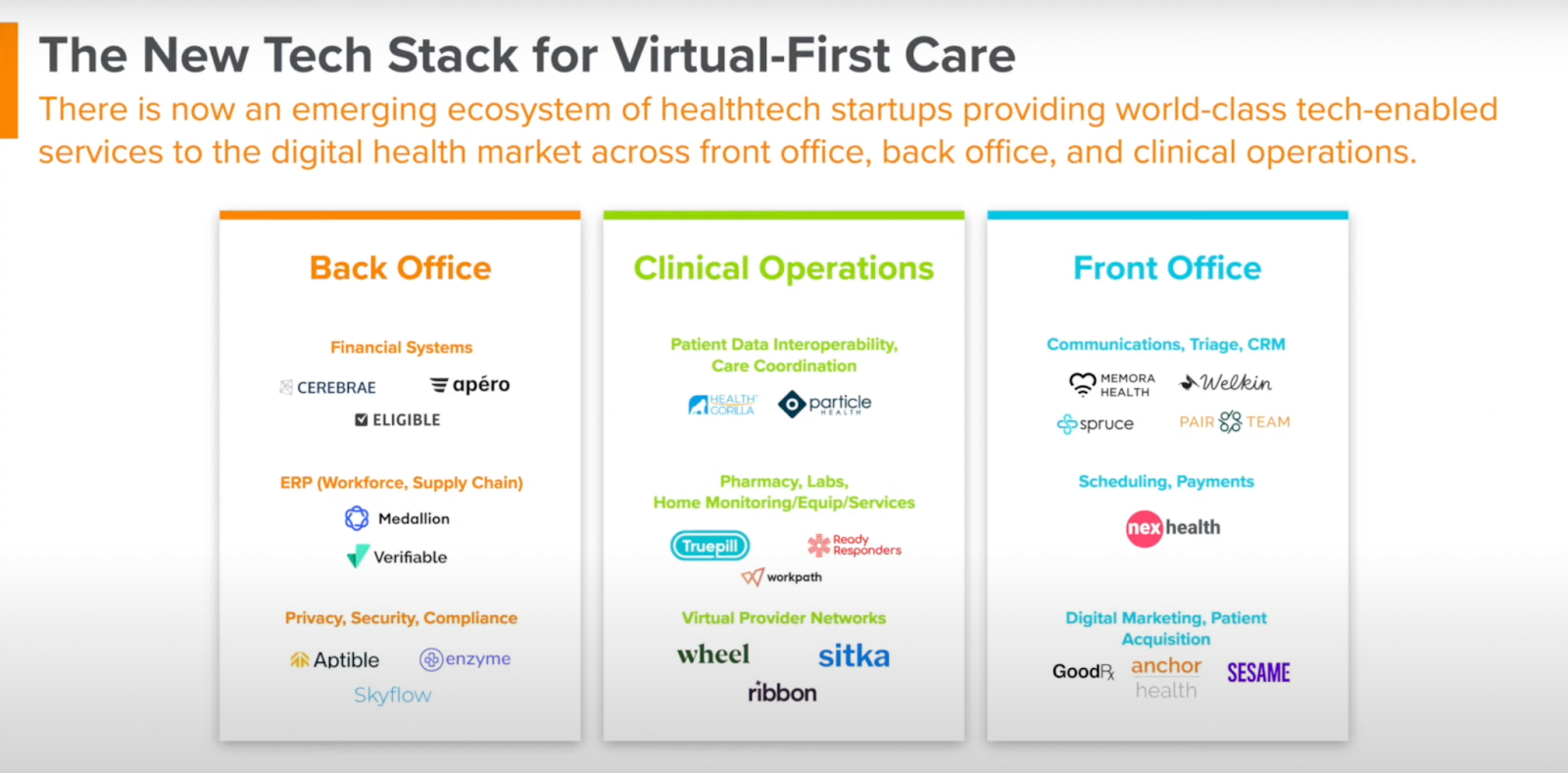

Also, at present, thirteen states do not have any LGBTQIA+ community health centers whatsoever. Some have difficulty finding providers who will treat them at all. Many have difficulty finding providers who will treat them without passing judgment on their sexual orientation or gender identity or offer the services they need, particularly in rural areas. They are twice as likely to be uninsured as non- LGBTQ individuals. provide customized medical plans for the LGBTQIA+ community FOLX Healthīesides discrimination, LGBTIA+ people often face higher barriers to accessing care. "We deserve something better."įOLX Health recently launched as a digital healthcare service provider specifically designed to. "We need something better," said Breitenstein. According to Lambda Legal's Survey on Discrimination Against LGBT People and People Living with HIV, 7% of cis-gay men and lesbians and 22% of trans/non-binary people report being assaulted in health care settings. Awkward questions and ignorant assumptions are bad enough, but this level of ignorance can also turn violent.

We came out of the session feeling like we were a circus act and like we had wasted an hour."įor many in the Queer community, these kinds of episodes are commonplace. And then she veered into a lengthy monologue about how great it would be to have two moms raising one kid. But she seemed to spend most of the visit asking countless questions about what it was like for us, a lesbian couple. "My wife and I were required to see a social worker before we started IVF," said one half of a lesbian couple that posted on FOLX's website. And I usually wait a beat and add, 'I don't need a lecture on how babies are made - I'm gay.'" "I can't count how many times I have had the following conversation: 'Yes, I'm sexually active - No, I don't use birth control - No, I'm not worried about getting pregnant.' Then comes the awkward pause and the confused look. "Like many companies, FOLX grew out of stories," Breitenstein shared.


 0 kommentar(er)
0 kommentar(er)
